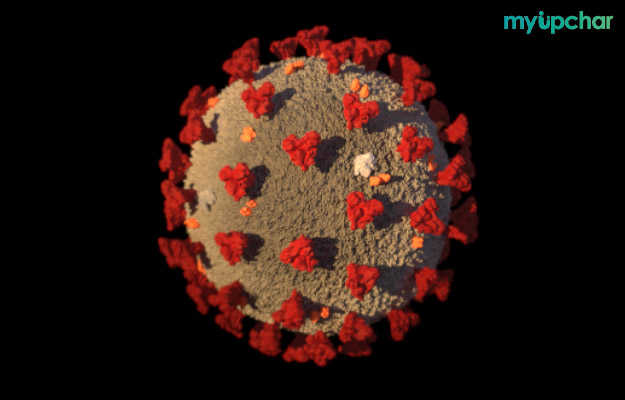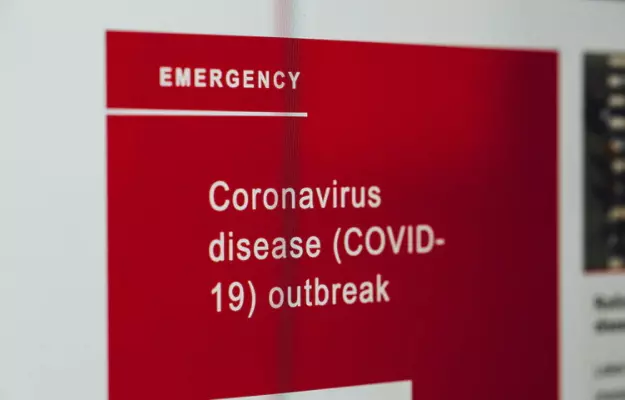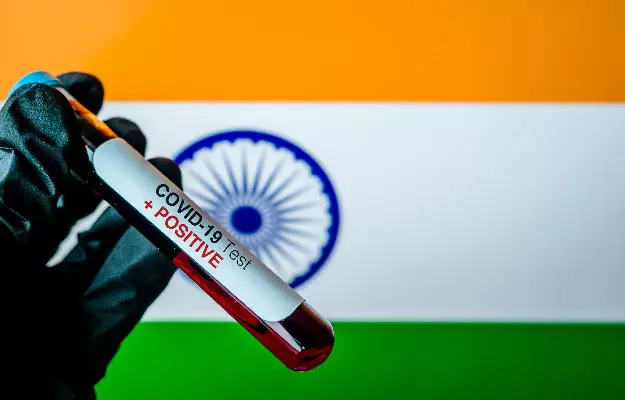Coronaviruses belong to the Coronaviridae family of single-stranded, positive-strand RNA viruses. Corona is a Latin word that means halo or crown. Coronaviridae has crown-like projections on their surface, therefore viruses from this family got the name Coronavirus.
RNA stands for ribonucleic acid which has only one strand of sugar-phosphate (compared with two strands in DNA in human cells). All viruses contain RNA in their cells.
The first strain of human Coronavirus (HCoV) was found in the 1960s in the noses of people with the common cold: OC43 and 229E are the two types of Coronaviruses responsible for the majority of cases of common colds.
Two strains of Coronavirus have caused two separate health scares in the 21st century already: the SARS-CoV which caused a severe acute respiratory syndrome epidemic in 2002-03 and the MERS-CoV which has claimed 858 lives between April 2012 and November 2019, according to World Health Organization (WHO) data.
There are various other types of Coronaviruses seen affecting humans. The latest among them, SARS-CoV-2, originated in China’s Wuhan seafood and wildlife market towards the end of 2019. The market was closed temporarily on 1 January, to avoid the spread of the mystery pneumonia-like virus. At last count, though, nearly 81,000 people had been infected by Sars-CoV-2 and over 3,100 people had died from COVID-19 infection in China alone.
As of 12 March 2020, 126,258 confirmed cases of COVID-19 infection had been reported from 116 countries including Italy, Iran, France, Spain, Germany, Switzerland, Norway, Denmark, Netherlands, Thailand, South Korea, Hong Kong, Japan and the US. In India, more than 73 people had been infected as of 12 March 2020 - most of these cases were confirmed in Kerala.
The Japanese cruise ship Diamond Princess gained notoriety during this period for quarantining more than 3,700 passengers and crew on board. Seven Coronavirus-linked deaths had been reported from the ship as of 12 March 2020.

 Doctors for Coronavirus infection
Doctors for Coronavirus infection  Coronavirus infection articles
Coronavirus infection articles News for Coronavirus infection
News for Coronavirus infection










































 Editorial Team
Editorial Team














